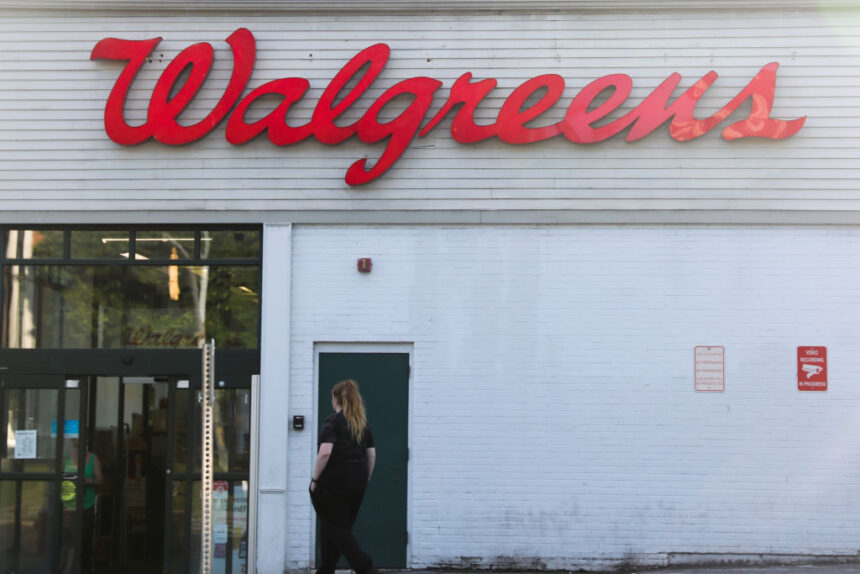Dermatology drugmaker Verrica Pharmaceuticals bolstered the distribution network for its recently launched molluscum brand, inking an agreement with Walgreens specialty pharmacies, firms said Wednesday.
Walgreens joins the distribution effort alongside Verrica’s existing specialty pharmacy, which has been working to build awareness of the new drug, Ycanth, among high-volume dermatology and pediatric medical practices.
The addition of Walgreens to the network can help provide greater access, noted Verrica CEO Ted White, adding that the partners “mutually recognize” the unmet medical need in dermatology.
Ycanth (cantharidin), greenlit by the Food and Drug Administration in July, has been on the market since September. It’s the first drug approved to treat molluscum contagiosum, a highly contagious viral skin infection affecting about 6 million people in the U.S., primarily among children.
Following the approval, which came after two prior rejections, Verrica said it took out a $125 million loan to support the drug’s launch-related sales and marketing expenditures and fund company operations into 2025.
The drug-device combo product must be administered by healthcare professionals in an office or clinic setting. As part of the launch, Verrica’s field force is calling on the roughly 9,000 high-prescribing dermatology and pediatric practices who, at the time of launch, accounted for about 85% of targets.
Verrica reported third-quarter net product revenue of $2.8 million, reflecting Ycanth’s first commercial sale. At the time, the company also said that over 112 million lives have access to the drug through private insurance or managed Medicaid plans, and that Ycanth enjoyed strong awareness and interest among prescribers.
Last August, Verrica also got an assist from the FDA, when the agency sent warning letters to retailers and manufacturers of unapproved products for treating molluscum. The letters indicated that molluscum is a serious health problem that requires medical intervention with therapies that have been “rigorously tested and properly reviewed.” That followed warnings the regulator sent to consumers not to use the unapproved products.
Ycanth is in Phase 3 for external genital warts and common warts. In addition to pursuing future indications for Ycanth, Verrica is developing a second cantharidin-based candidate, VP-103, which is in Phase 2 for treating plantar warts.
One day after the Walgreens announcement, Verrica stated that it received the minutes from the company’s recent Type C meeting with the FDA in early November to discuss the Phase 3 clinical development plan for Ycanth for the treatment of common warts.
The company also entered into a worldwide license agreement with Lytix Biopharma to develop and commercialize VP-315 for non-melanoma skin cancers, including basal cell carcinoma and squamous cell carcinoma. VP-315 is in Phase 3 testing.







